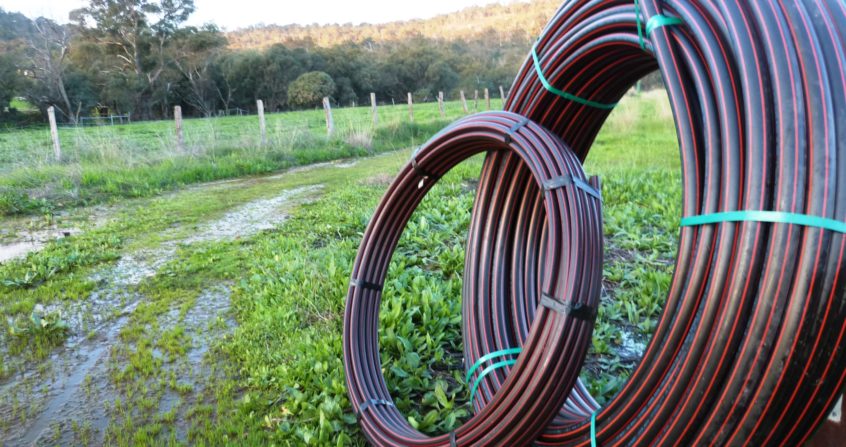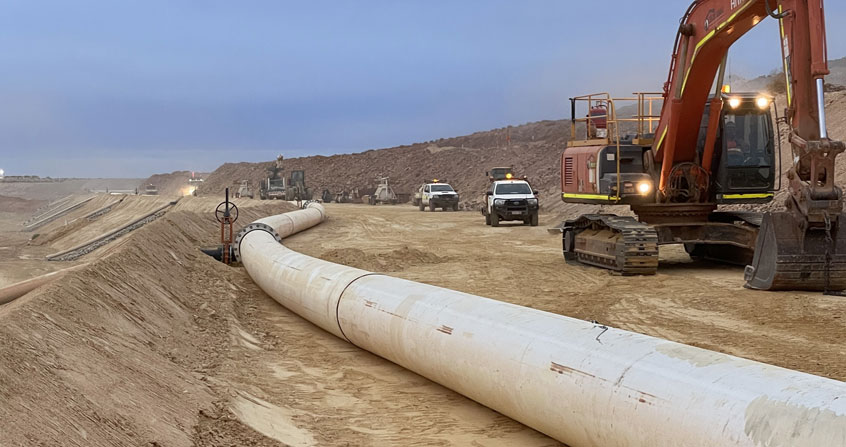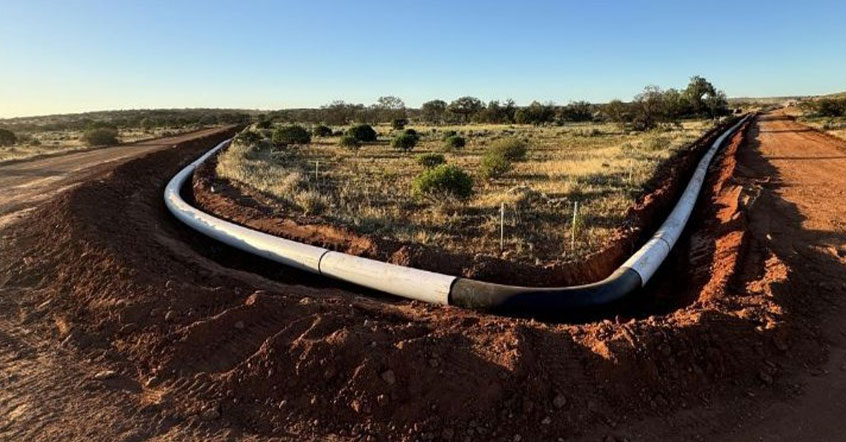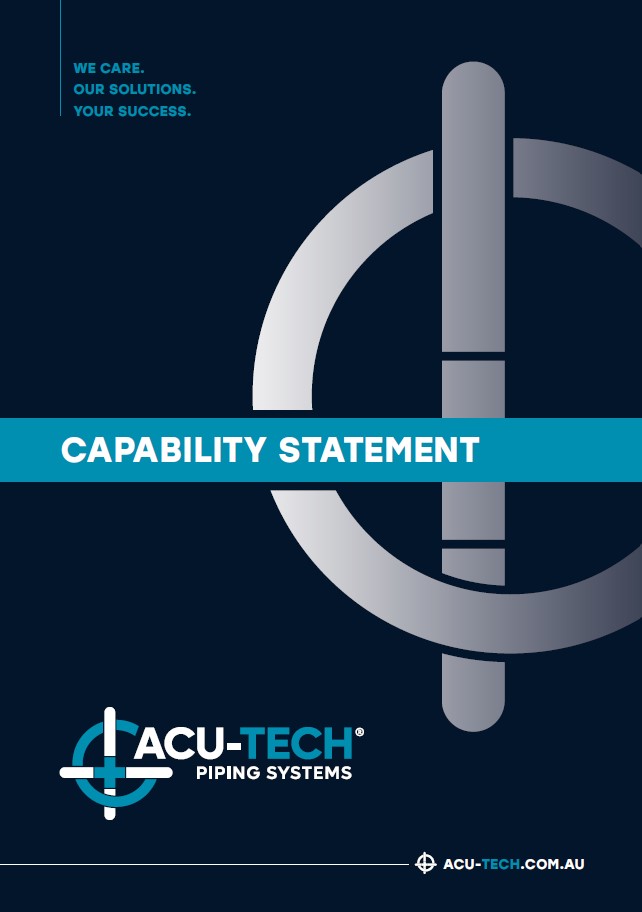- 1300 270 270
Menu
Close
- Industries

Plumbing

Irrigation

Mining

Civil
- Capabilities
- Our Products
Brands
Equipment Hire, Sales & Servicing
Training
Tools & Calculators (coming soon)
- About Us
- Careers
- Resources
Close
- Industries

Plumbing

Irrigation

Mining

Civil
- Capabilities
- Our Products
Brands
Equipment Hire, Sales & Servicing
Training
Tools & Calculators (coming soon)
- About Us
- Careers
- Resources
Close

